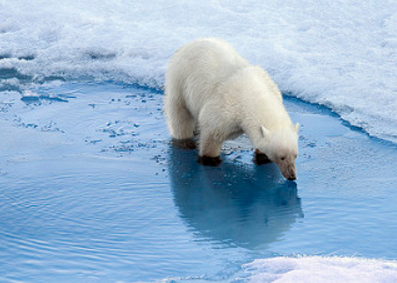Canada News
Polar bear, monarch butterfly among 517 species on Canada’s latest at risk list

Polar bears and the Canadian monarch butterfly have been added to an international list of species and subspecies that are at risk of disappearing entirely from the planet. (Photo: Christopher Michel/Flickr)
OTTAWA — Polar bears and the Canadian monarch butterfly have been added to an international list of species and subspecies that are at risk of disappearing entirely from the planet.
The list is part of a new report released today at an international biodiversity conference in Ottawa.
The NatureServe Canada report, “On Guard For Them,” finds 517 species and subspecies found in Canada to be in jeopardy — some on the verge of extinction, others just recently classified as vulnerable.
Of those, 213 are found only in Canada, leaving this country solely responsible for keeping them from being wiped off the face of the earth.
The latest report includes subspecies for the first time — including one particular variant of the monarch butterfly, which finds its way to Canada every summer, which is now ranked as vulnerable.
So is the polar bear, which was not on the 2005 list. The polar bear was also added to Canada’s national species-at-risk list in 2008.
Those in jeopardy in Canada represent about seven per cent of some 7,200 species in the country about which enough is known to include them among seven categories ranging from secure to presumed extinct.
However, it’s a small fraction of the more than 140,000 species believed to exist in Canada, about half of which don’t even yet have a name.
“If we don’t protect them here, there is a high risk they could go extinct,” said Dan Kraus, national conservation biologist with the Nature Conservancy of Canada, which contributed to the report.
Kraus said there just aren’t enough scientists available to identify and determine the status of every species in the country.
Since 2005, the last time NatureServe compiled a list, the overall number of global species at risk has gone down slightly, from 354 to 333.
Kraus said the 2005 report led scientists to pay more attention to some of the less well-known species on the list, and in some cases they found more of them existed than previously thought.
In other cases, conservation efforts have allowed animals to come off the list, such as the humpback whale, which was listed as vulnerable in 2005.
Within Canada, almost 17 per cent of all tiger beetles, 15 per cent of freshwater fish and 12.5 per cent of all mammals are at risk.





















